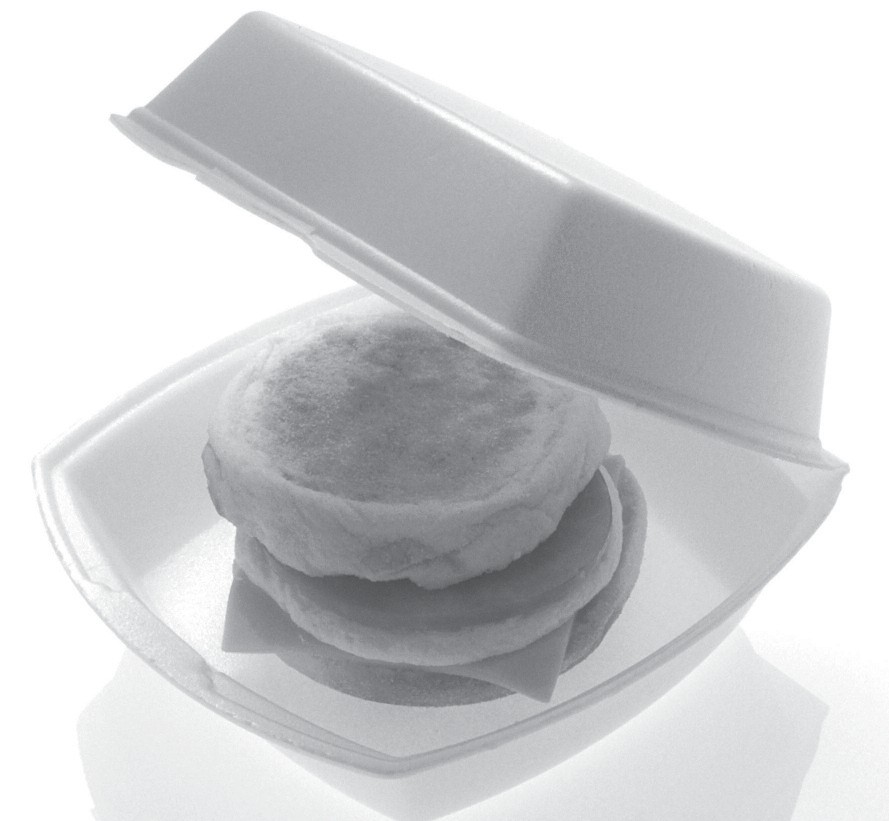Chancellor Hears Corona Appeal At CEC 24
Protesting parents from Corona’s P.S. 143 gave Schools Chancellor Carmen Fariña an earful after she outlined her plans to get parents more engaged in their children’s schools last Tuesday, May 27, during the Community Education Council of District 24 (CEC 24) meeting at P.S. 239 in Ridgewood.

Fariña fielded questions on overcrowding in schools, especially in Corona, and sat in front of parents of P.S. 143 armed with protest signs demanding something be done.
Adys Jofre, a mother of two, spoke on her discontent with P.S. 143, claiming that her neighborhood has been frustrated with the overcrowding for over 20 years. A short walk from the main building, she stated, are portable classrooms where students attend class.
Some students have to sit on the floor during lessons, according to Jofre, and there are no lockers available; students are forced to lug books and backpacks around all day.
The president of the P.S. 19 Parent Association, Maria Quiroz, also described the problems at her school, which are not unlike P.S. 143.
Students have to walk to and from the main building through inclement weather and snow pack just for a 10 a.m. lunch or to use the bathroom, said Quiroz, and sometimes the heat or air conditioning systems do not work.
During heavy snow, she noted, students are cooped up in the cafeteria with only a half day of class.
CEC 24 President Nick Comaianni pressured Fariña on the overcrowding issue as well. He has pressed past chancellors and elected officials for a new structure to be built where P.S. 143’s portable classrooms currently stand, but to no avail.
Fariña told the crowd she would look into the school as soon as she could, and acknowledged the protestors’ neon orange and yellow signs.
“We are starting on the road,” Fariña said earlier in the meeting, but noted that fixing New York’s overcrowding in schools does not happen overnight.
She is planning on a walking tour of Corona to see what the area needs in terms of education, and her administration is looking for locations to alleviate the overcrowding. She asked that if anyone knew of an appropriate location to let her administration know.
Comaianni reassured the audience that Fariña would indeed do something, claiming that her predecessors “weren’t real chancellors.”
State of the schools
In her address to the audience earlier in the meeting, the chancellor detailed her plan to get immigrants and new immigrant parents more engaged in their children’s schools.
First, Fariña made clear that if contract negotiations are approved, starting in September, teachers will be allotted an extra 40 minutes per week for “parent purposes.”
Teachers would use this time to schedule and hold one-on-one meetings with parents, opposing the traditional and limiting parentteacher conferences held only for a day or two.
For September and October, the meetings will be gauged towards parents with children in the International Buddy Program (IBP) that pairs new students up with an already established buddy.
Fariña said, “We should not wait for the middle of the year to have those conversations with them.”
High priority will be given to meetings with new immigrant parents so they can quickly get accustomed to rules, regulations, and feel comfortable in their school’s community.
Fariña hopes they will, as a result, become “more informed parents.”
Also, to aid in the acclimation, suggested schools will develop mentor programs in which new parents will be assigned a veteran parent of two or three years to show them the ropes.
Fariña recollected her times in school when her parents, as new immigrants, didn’t feel welcome.
“We really want to change the culture of schools and have parents treated well, and I’m committed to that,” Fariña said.
Other issues Fariña touched on included ensuring accountability within the Department of Education, while limiting the vast layers of personnel, putting more trust in the principals and how they manage their school, reviewing the enrollment process, and she promised to look into a District 24 gifted and talented program that recently received cuts.
Comaianni is looking forward to seeing the chancellor work. He said, “I think she’s workable.”
Her ability is yet to be seen, Comaianni stated, noting that she thinks through her plans as opposed to her predecessors, who were quick to make decisions.
“[Former Chancellor Dennis Walcott was] great as a person, but a rubber stamp as a chancellor,” said Comaianni, “I like what [Fariña] said.”
Other news
As for regular CEC 24 business, the council passed a resolution creating a zone for P.S. 315 which would reduce the zone sizes of P.S. 307, 16, 19, and 13 in order to create a zone for an elementary school at 96-18 43rd Ave. in Corona, slated to open for the next school year.
Other events included a Middle School Parent Conference on Saturday, June 7, at 52 Chambers St. in Manhattan.
It was also announced that several public meetings will be held by New York Lawyers for Public Interest focusing on toxins in schools. The Queens meeting will be tonight, Thursday, June 5, at 6:30 p.m. at the Queens Gateway School, located at 160-20 Goethals Ave. in Jamaica.
Community Education Council District 24 generally meets on the fourth Tuesday each month at 7 p.m. at locations across the district. For more information, call 1-718-418- 8160.

































